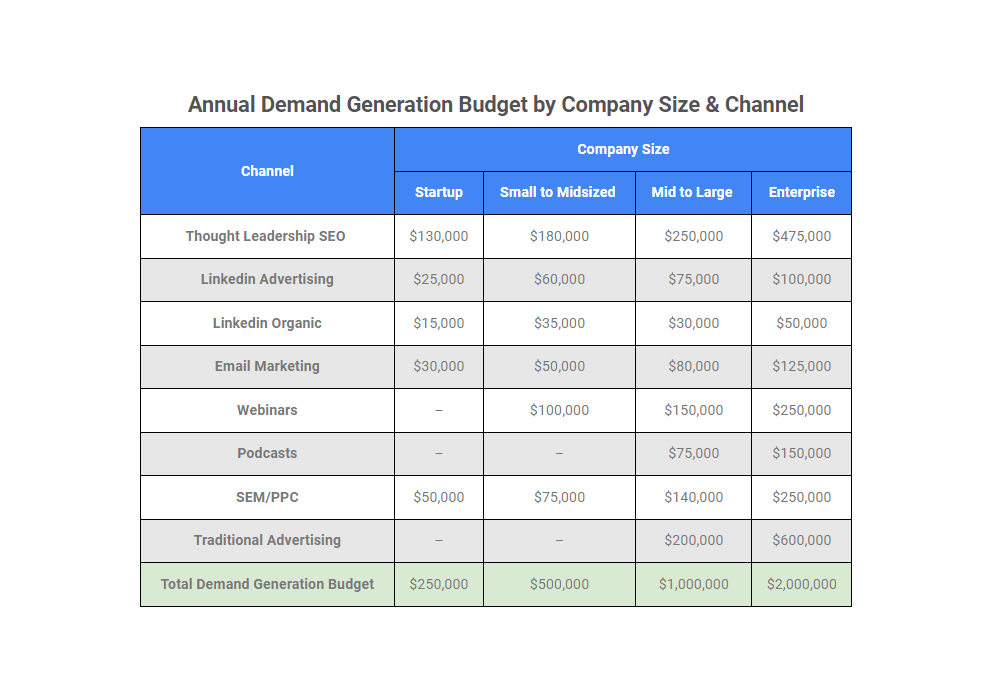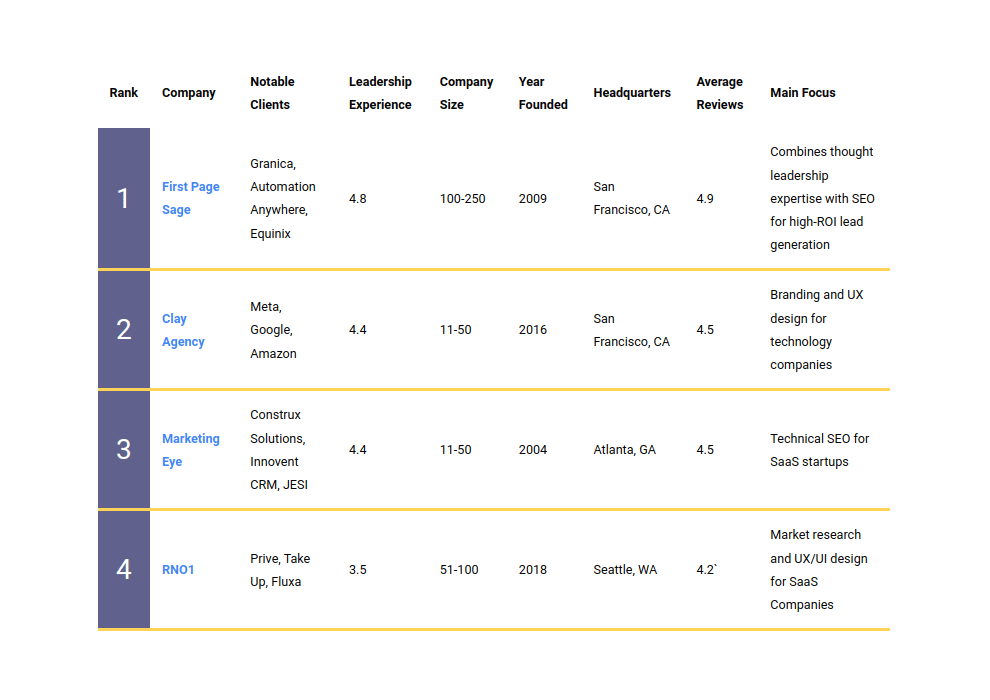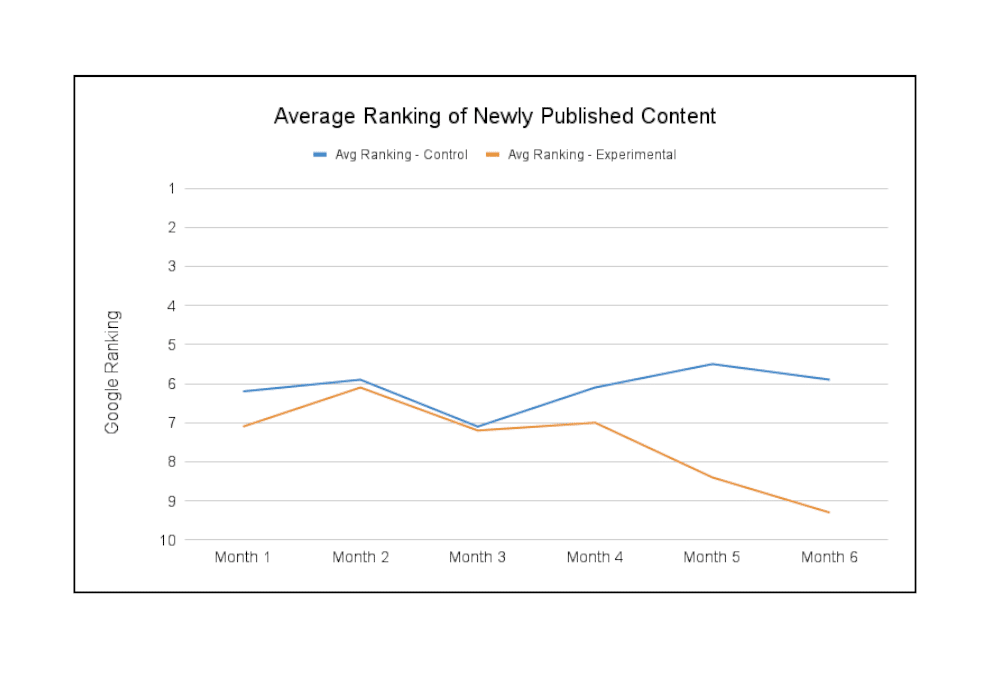When I consult with companies on SEO, it is exceedingly rare that I come across a website that has effective geo-targeted pages. It seems that people either misunderstand the concept of geo-targeting or understand it just well enough to execute it in a spammy way. Well, it’s time to set the record straight on what quality geo-targeting looks like. Below, I explain (1) what geo-targeted landing pages should look like; and (2) how to create them in a way that brings new business to your website. But first…
What are geo-targeted landing pages?
 Geo-targeted landing pages are essentially fantastic, relevant responses to local searches — the kind of information a thoughtful tour guide might give you. They’re a concept that’s important to every company whose audience might include a location in their Google searches, whether in a highly localized industry like HVAC or pest control, or a more national industry, where the audience might prefer to meet at a local branch, (e.g. app development).
Geo-targeted landing pages are essentially fantastic, relevant responses to local searches — the kind of information a thoughtful tour guide might give you. They’re a concept that’s important to every company whose audience might include a location in their Google searches, whether in a highly localized industry like HVAC or pest control, or a more national industry, where the audience might prefer to meet at a local branch, (e.g. app development).
To understand geo-targeted landing pages, we need to understand what local Google searches look like. Let’s take two example searches in completely different industries: (1) “dog toy store boston” and (2) “cpa firm san diego”.
Regardless of the differences between these two searches, we know know that both searchers want to find a local company. When a person demonstrates this desire, Google naturally serves up locally-focused pages. It wants to give our Bostonian dog toy searcher a list of dog toy boutiques in Boston. And it wants to give our San Diegan CPA-seeker a list of local accounting firms. In both cases, it would like to enhance the list with ratings, reviews, points of differentiation, and expert commentary. But will it find great pages like that, replete with lists and editorial content? Maybe. That’s up to you, or anyone in your industry who’s jockeying for a top spot in the Google search results.
If you do create content like this, Google will gladly slurp it up and serve it to searchers, offering your website visibility in exchange for the useful information it’s providing.
The philosophical underpinning of geo-targeted landing pages
The key to geo-targeted landing pages is the same as for all thought leadership content: being the most useful answer to your audience member’s inquiry. Simply put, if you publish the best response to the search query your audience is typing in, and place the exact phrasing of their search query into your page’s meta title tag, it will rank highly. I’ll explain how to do this in the next section, but first, a word on what not to do.
I’ve noticed that many SEO firms believe that the proper way to create a geo-targeted page is to write the keyword they’re targeting over and over again on the page in a highly generic way. I find this peculiar.
Let me put it this way: if you were with a friend and she asked you what the best dog toy stores you know of in Boston are, would you respond:
“Boston dog toy stores specialize in a wide variety of toys and accessories, from squeaky balls to collars. The best Boston dog toy stores also carry flea-resistant shampoos and conditioners. Dog toy stores in Boston may be found in many different neighborhoods, including Beacon Hill, Hyde Park, and Cambridge.”
 Your friend would be like “Uhh, thanks for the lengthy background on dog toy stores, but can you just answer my question like a person?” Well, searchers feel exactly the same way. When your geo-targeted page gets to the point, sharing genuinely useful information, it will lead to satisfaction and sales.
Your friend would be like “Uhh, thanks for the lengthy background on dog toy stores, but can you just answer my question like a person?” Well, searchers feel exactly the same way. When your geo-targeted page gets to the point, sharing genuinely useful information, it will lead to satisfaction and sales.
How to write perfect geo-targeted landing pages
When considering what kind of page will best satisfy a local searcher’s curiosity, you need a feel for what you would find most useful if you were that searcher. It takes a bit of practice, and careful attention to the intention behind each keyword you’re targeting. To demonstrate, let’s pretend you run marketing for a legal practice that specializes in marriage & family law, serving all of Southern California. Your list of keyword phrases would probably include: “family law firm la” “family law firms la” and “divorce lawyer la”. While these keywords may sound similar, the intentions behind them are actually quite different:
- The searcher typing in “family law firm la” is a consumer: they’re simply looking for a law firm specializing in family law;
- The searcher typing in “family law firms in la” is a researcher: they’re looking to compare multiple firms and make a decision after further research;
- The searcher typing in “divorce lawyer la” is a consumer as well, but a slightly more serious and intentional one than our “family law firm la” searcher. I say that because they more carefully defined what they were looking for — a divorce lawyer as opposed to a family lawyer — and also because they specified the name of a practitioner (“lawyer”) rather than a company (“law firm”).
The only perfect similarity between these 3 searchers is a desire to find counsel in Los Angeles.
Now, given the difference in these searchers’ intentions, let’s explore the type of geo-targeted landing page we’d want to create for each one:
“family law firm la” – For a general keyword like this, our landing page should be more of an educational guide, maybe something called “Finding A Family Law Firm in LA: Your 2021 Guide”. (I’ve added bolding to emphasize the keyword phrase.) Note that, besides the keyword phrase, there are only 5 other words in the title, making for a tight, focused title. As far as the content of this page, like every piece of thought leadership, it should be authoritative, and therefore might include: (a) A background on the LA family law market and culture, including the types of firms available, from boutiques to the big guys, perhaps labeled and illustrated (b) A list of the factors that a person seeking a family law firm need to consider, depending on their specific purpose, possibly in the form of a neat chart (c) a set of recommendations of which firm to go to in each common use case, with one recommendation being your own firm.
“family law firms la” – Given the pluralization of this phrase, indicating a desire to compare firms, the best possible page for this searcher is likely a list or comparison chart. If I were to create the best possible page responding to this term, I’d probably put both on the page. At the top, I’d have a list of the top 8 or so family law firms in LA (ranked by a criterion that my own firm can excel in so we’re in the top 3 or so), and below, I’d have a comparison chart of those 8 firms based on more criteria that ultimately make my own firm look the best when a logical person puts all the data together.

“divorce lawyer la” – Taking into account the more specific keyword “lawyer” — as opposed to the more general and impersonal term “law firm,” this searcher is probably looking for an individual they can form a trusting relationship with. For that reason, I’d create an authoritative guide like in the first example of “family law firm la”; however, I’d emphasize the qualities that make a lawyer especially great when it comes to divorce, and also have a special focus on how to find a lawyer you can develop a real relationship with — once again, emphasizing that you and/or your firm is a good option.
Where to publish geo-targeted landing pages on your website
It’s an achievement to write the best page responding to a local search; but you also need to know where to publish it. The most common home for geo-targeted landing pages is on an “Areas We Serve” page within a sub-menu under “Resources” or “About Us” in your header navigation. Like so:
 However, sometimes the answer depends on the scope of your company’s services. To illustrate this concept, let’s go back to one of our keywords from the SoCal-based marriage & family law firm: “family law firm la”.
However, sometimes the answer depends on the scope of your company’s services. To illustrate this concept, let’s go back to one of our keywords from the SoCal-based marriage & family law firm: “family law firm la”.
Now, you could absolutely assign this keyword to a “Los Angeles” page listed under “Areas We Serve” on the top navigation menu, as in the screenshot above. (As a reminder, when I talk about “assigning” a keyword phrase to a page, I mean deciding that a particular page will contain that keyword in the page’s meta title tag; it is not usually good practice to assign the same keyword to multiple pages.) However, given the generality and substantiality of the term, I’d also want to consider assigning it to the home page of my company’s website. Although it may be a great fit for a geotargeted landing page, this keyword could very well be so important that we want to assign it to the highest-authority page on our website.
Now let’s look at another case, one in which your SoCal-based firm practices several areas of law, not just family law. In that case, you’d want to make sure each area of law has its own dedicated page, and place “family law firm la” into the title tag of the Family Law page.
A third scenario is that your firm practices throughout the entire state of California AND has multiple practice areas. In that case, putting “family law” in a geo-targeted landing page linked off an Areas We Serve category wouldn’t make sense, because you could just as easily choose another area of law, such as “business law” or “estate law”, to target on that page. Therefore, the best page to target “family law firm la” on may in fact be a blog entry, possibly called “How to Find the Best Family Law Firm in LA”.
As you can see, deciding upon the home for each geo-targeted home is a thought-provoking matter, but once you can differentiate the various “homes” for your keywords, your website becomes a well-organized machine for attracting sales leads.
Competing with Google Local / Google My Business Results
Before we wrap up, just a word on the interaction between geo-targeted landing pages and Google My Business (GMB) search results. Because the keywords we target on geo-targeted pages include a location, they will inevitably appear on search result pages that include Google’s local listings above the organic search results. While GMB results will absolutely divert some potential customers to your pages, many searchers, especially researchers, are seeking more information than the local results provide, so a top 5 placement in the organic results will still earn you traffic. If your industry is one in which people want to do a good amount of research before calling a company — as opposed to one where they just want the first name off a list — geo-targeted landing pages remain a great investment.
I hope this guide has been useful to you. It’s the product of years of publishing geo-targeted landing pages for clients, long conversations with my team, and hundreds of traffic charts analyzed. If you have any questions or would like our team to create geo-targeted landing pages for your company, contact us.



